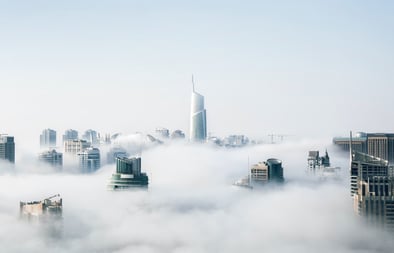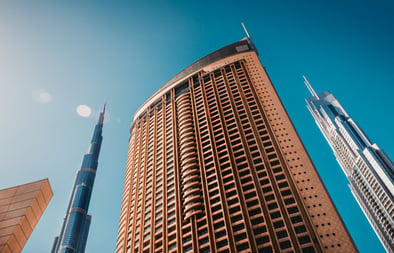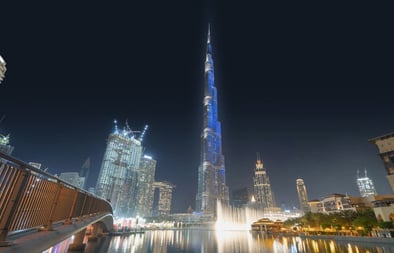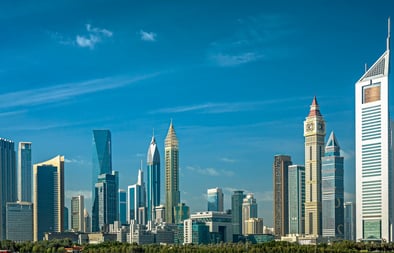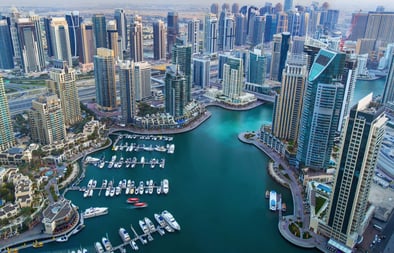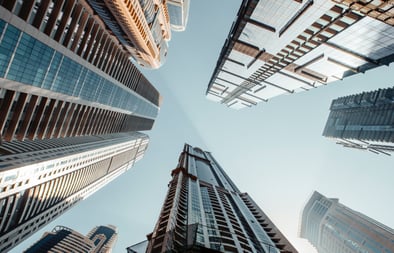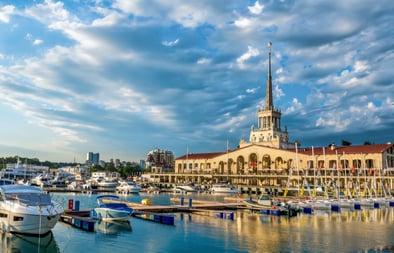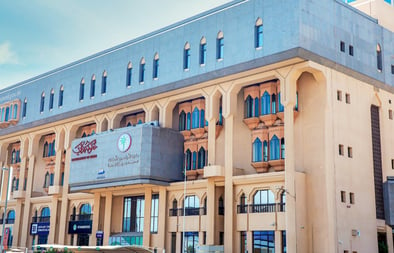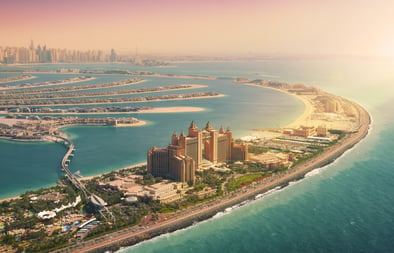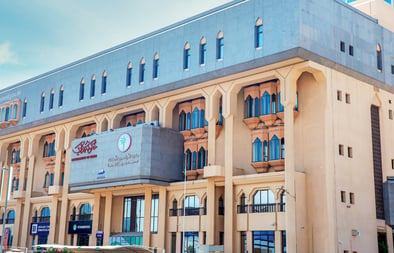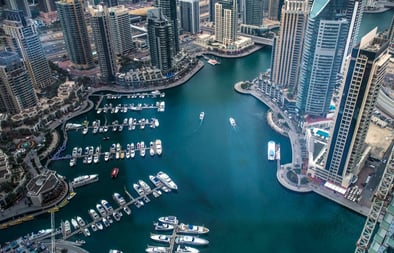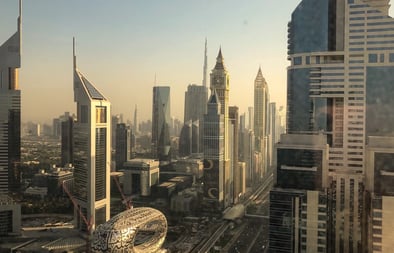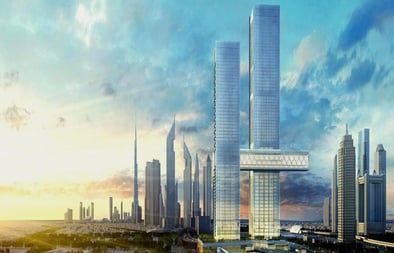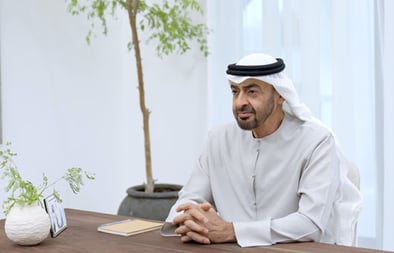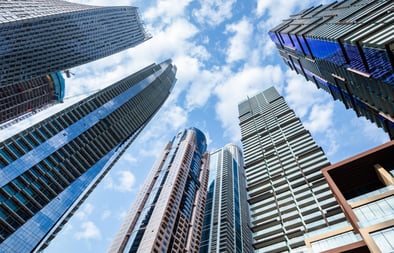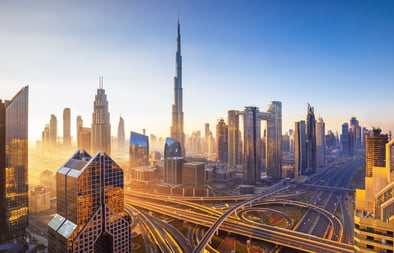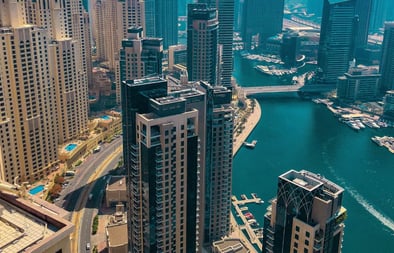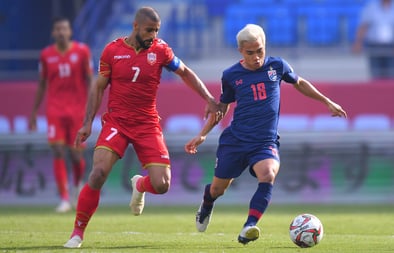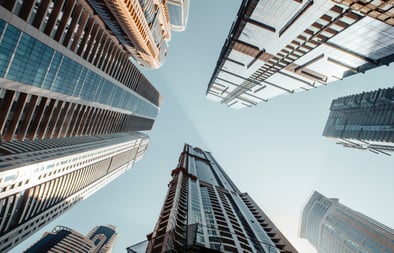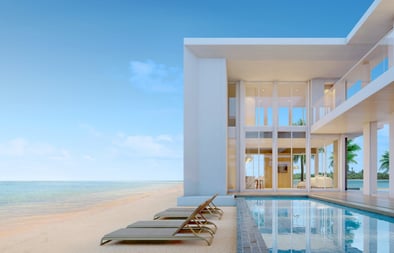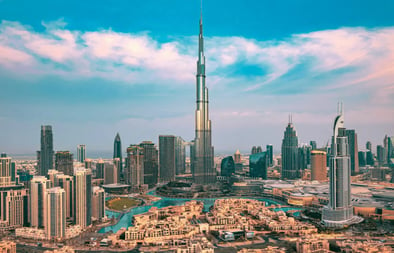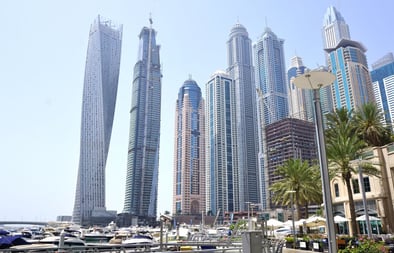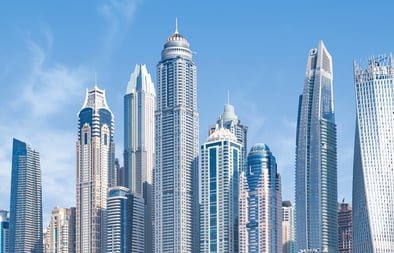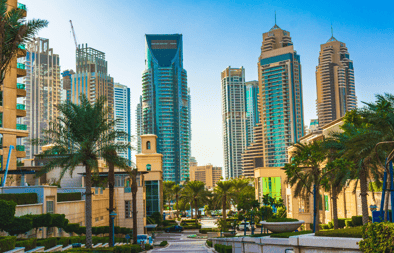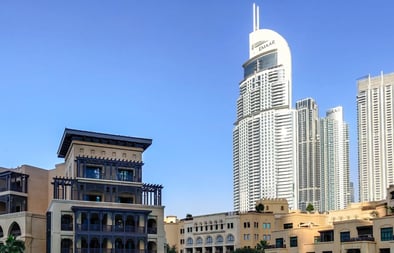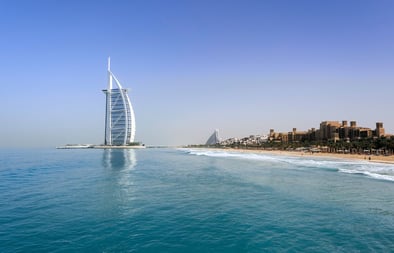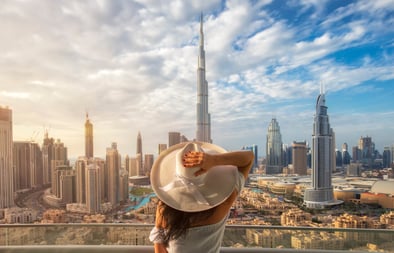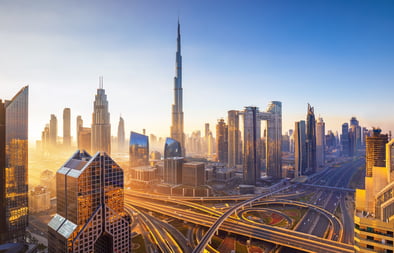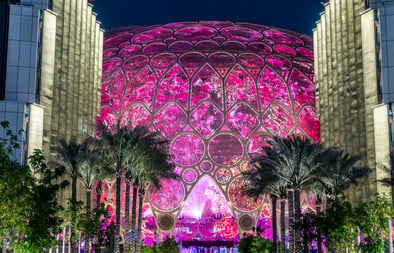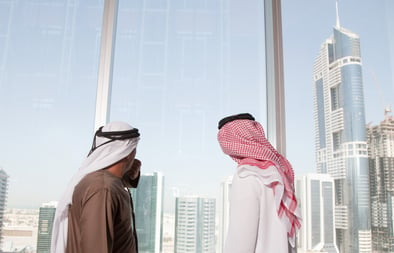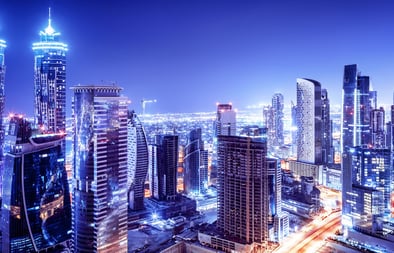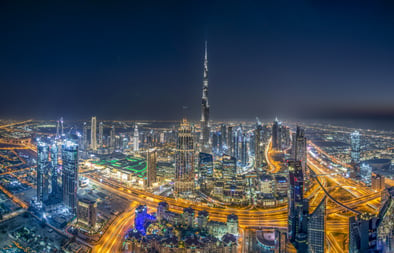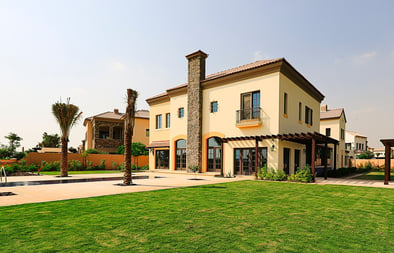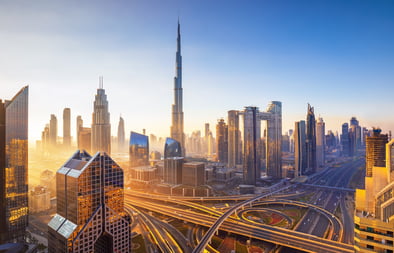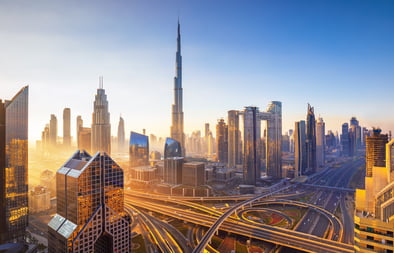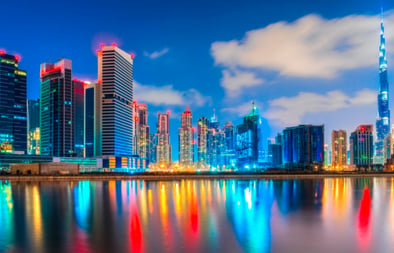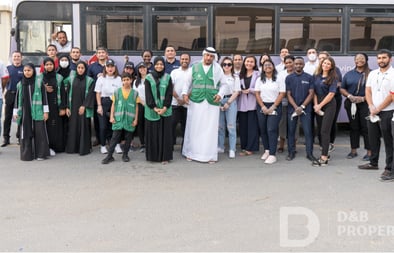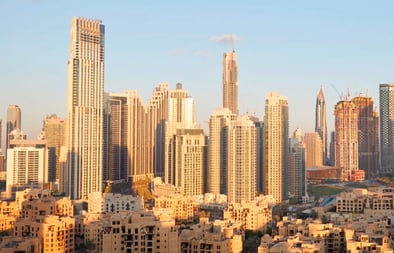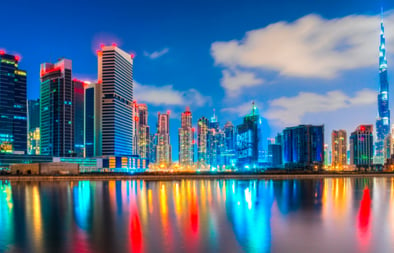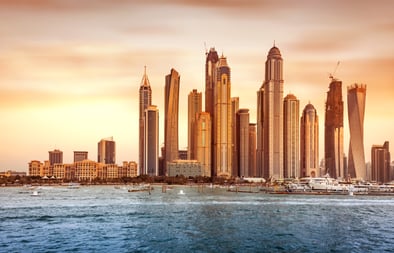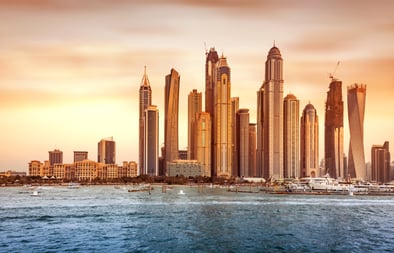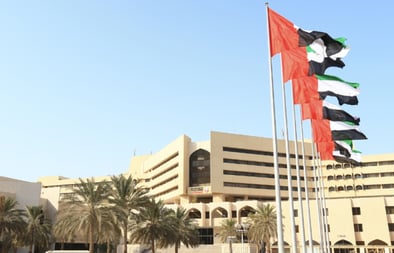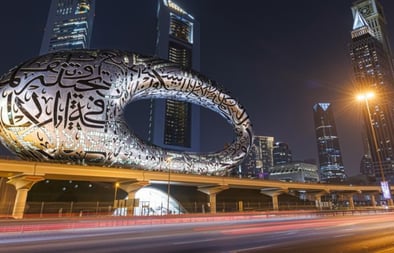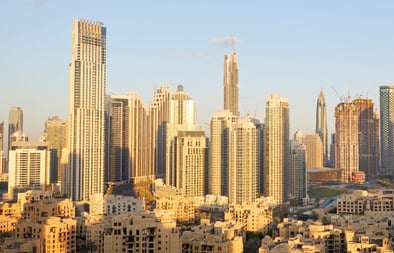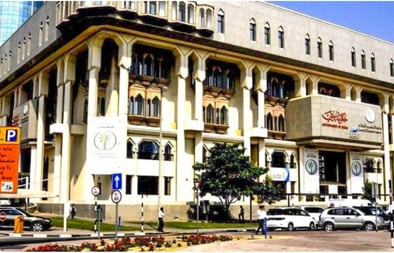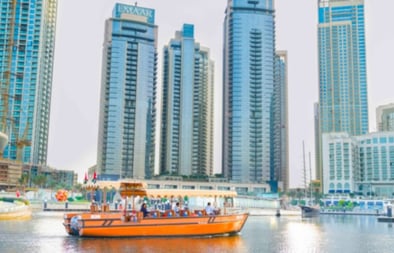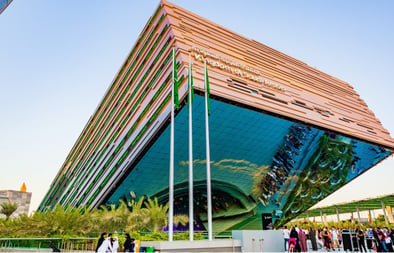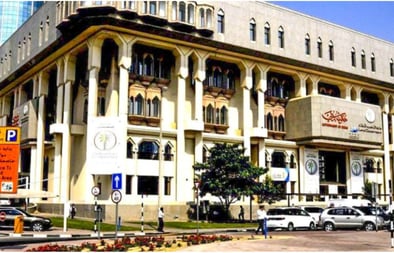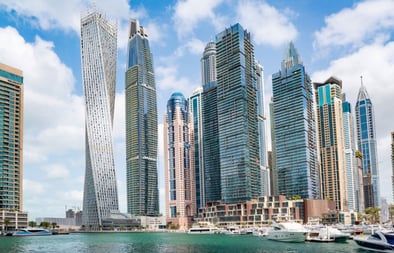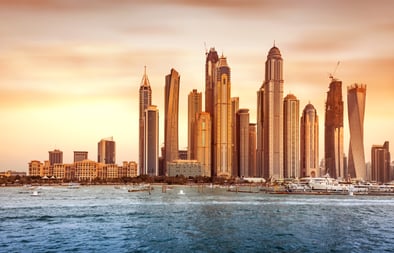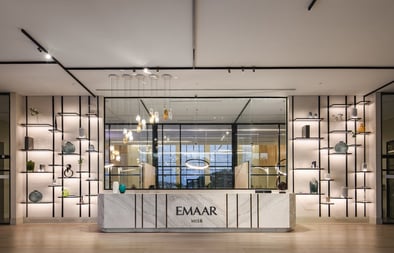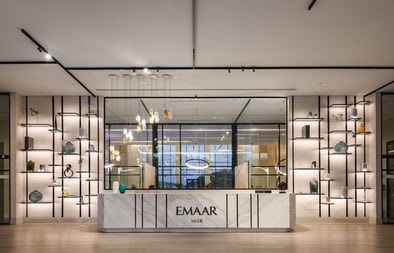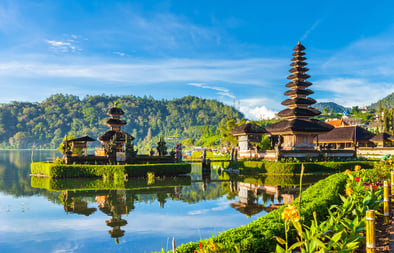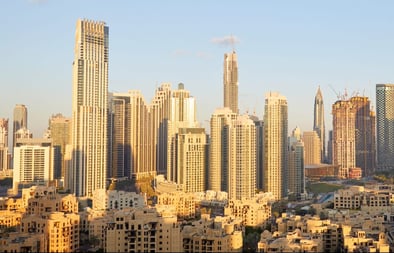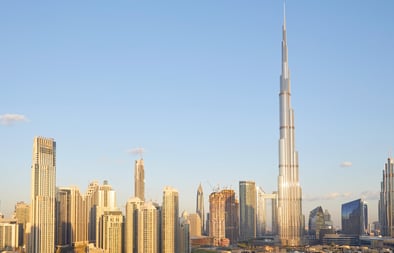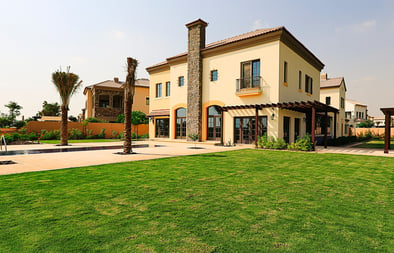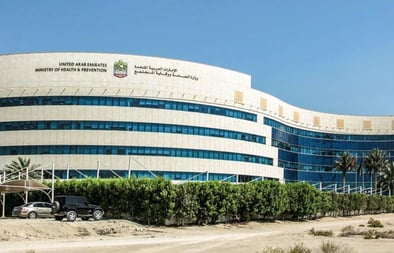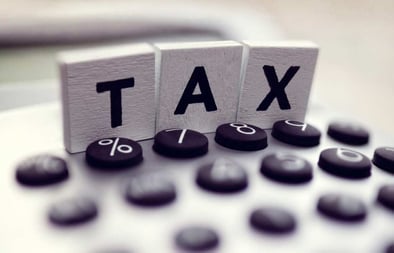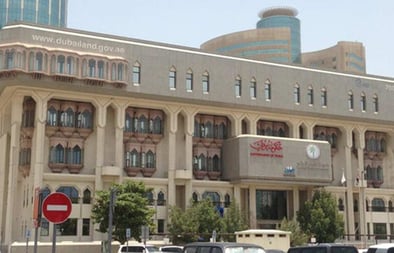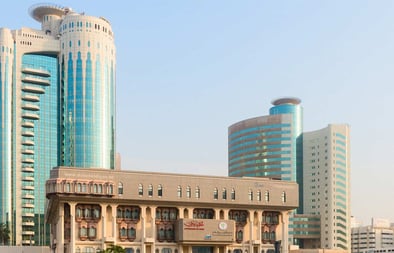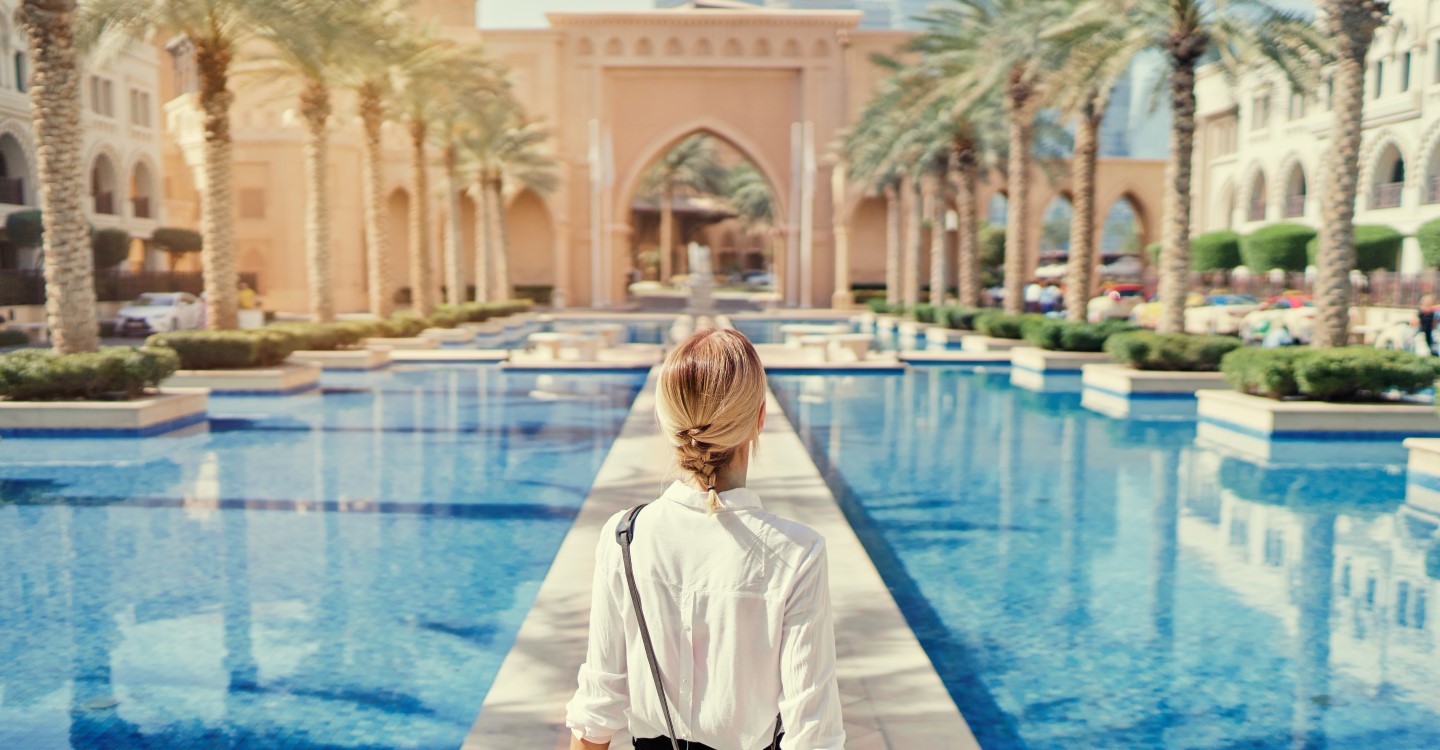
Dubai has grown substantially over the years from a small trading hub to becoming the world’s most popular tourist destination and the wealthiest city in the Middle East and Africa region in 2021. The city’s visionary leadership are a testament to the robust hospitality sector, which has been excelling in all aspects of the industry such as Travel & Tourism, Lodging, F&B, and Recreation.
In 2022, Dubai emerged as the most-viewed travel destination as per the TikTok Travel Index 2022 released by Bounce. The research highlights posts that feature the hashtag #Dubai reaching 81.8 billion views on the video app, with New York trailing behind with 59.5 billion views and London with 36.8 billion views. The emirate was able to usurp the top spot from New York City which ranked first in 2021. Long term strategy laid out by the government of Dubai aims to make the emirate the most-visited city in the world by 2025.
Dubai also ranked first globally in terms of hotel occupancy in the first quarter of 2022, registering an 82% occupancy rate during the first three months, beating London (56%), New York (55.3%) and Paris (51.2%), as per data from hotel management analytics firm STR, Inc.
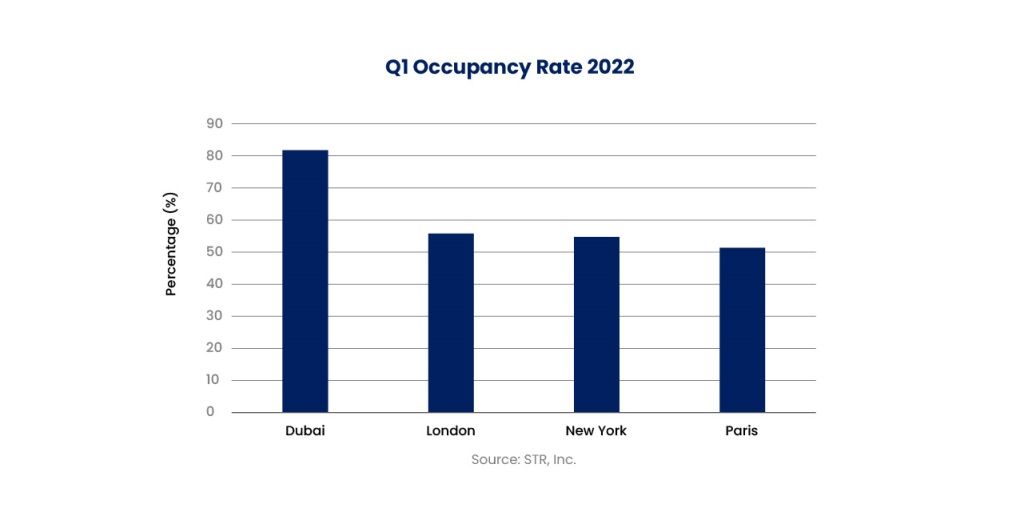
The City of World’s Best Everything
Dubai has become synonymous with wealth and luxury as a result of attracting tourists from all over the world in the past decade. Some of the major driving forces include headline-grabbing milestones such as the world’s largest observation wheel, the longest driverless metro system, the world’s largest frame, the world’s most complicated and beautiful building i.e., the Museum of the Future, to name a few, claiming its stakes among the most popular, livable, and favorite destinations in the world.
Dubai is also home to various other tourist attractions such as Ski Dubai, Dubai Parks and Resorts, Dubai Mall, and the Burj Khalifa, which is the world’s tallest buildings. In addition to these tourism boosts, Dubai is significantly impacted by its packed calendar of events and summits both one-off events such as Expo2020 and COP 28, and recurring events such as GITEX, Cityscape, etc, bringing in a consortium of tourists, investors, and entrepreneurs into Dubai’s scope of economic cycle.
Dubai’s new strategy on tourism seems to be sustaining its momentum as the city seeks to approach new and diversified market segments, and since Dubai is a vibrant melting pot of multiculturism, the city is able to attract visitors from all walks of life. Furthermore, Dubai aims to increase the length of stay for visitors as well as encouraging repeat visits.
The emirate’s location on the world map is ideal and strategic for visitors, with two-thirds of the world population being within an 8-hour flight distance from Dubai. Additionally, international airlines based in the city, such as Emirates, offering the best-in-class international travel is also a major driver for the growth of the tourism sector in Dubai according to Mordor Intelligence (2021).
Moreover, Dubai is able to offer an abundance of culture, scenic islands, vibrant nightlife, and a magnificent skyline. Dubai is also home to some of the world’s grandest and most luxurious hotels, offering guests five-star experiences during their stay. The city has an abundance of supply for hotels and hotel apartments – specifically 148 five-star hotels and 184 four-star hotels – as seen in the graph below.
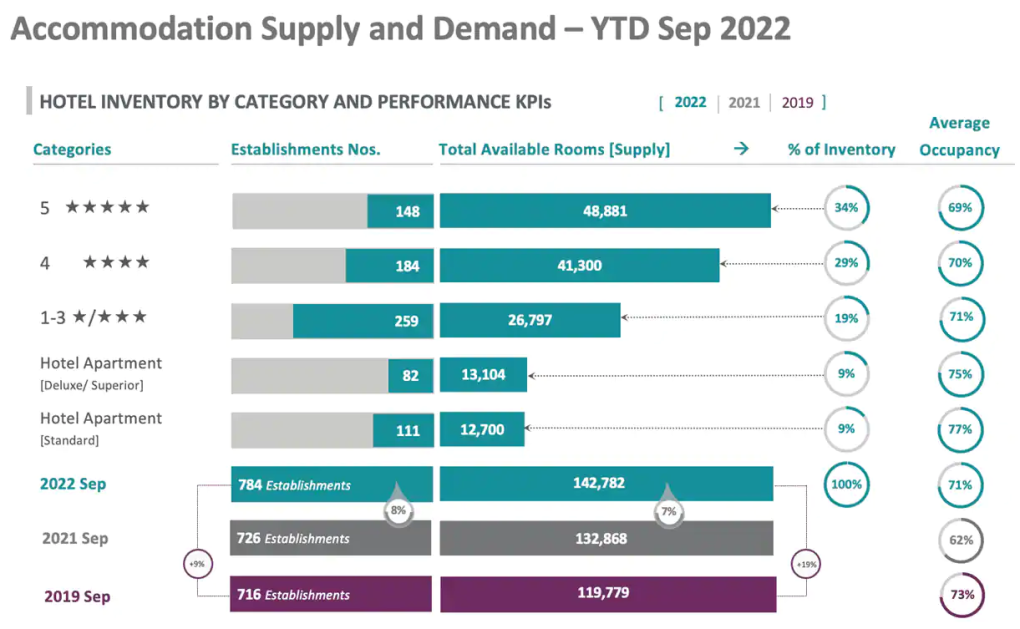
How Different Sectors Support the Economy
F&B sector has stayed ahead of the curve in the hospitality industry, catering to those who prefer healthy and home-grown foods, and also providing an abundance of delivery, drive-through, and takeaway options. The FIFA World Cup is also expected to have a positive impact on Dubai’s F&B sector due to the massive influx of tourists with various outlets already preparing special offers, fan zones, and big screen installations, as per Arabian Business (September 2022). Similarly, the retail sector is set to benefit as well as a result it certainly helps that approximately 333,000 square meters of retail space will be completed by the end of 2022, as per JLL’s Q2 UAE Real Estate Market Report.
The current market conditions are notedly resulting in the hospitality sector becoming more and more expensive, with occupancy levels during Expo2020 exceeding 90% for the first time since 2007. The occupancy levels this winter are also estimated to be between 90 – 95% due to the FIFA World Cup as per Be Our Guest (the Holiday Homes division of D&B Properties). This goes to show how sensitive the hospitality industry really is to any fluctuations in the market and the economy as a whole. Some other examples of this include the Covid-19 pandemic as all these events have significantly impacted the hospitality industry, with Dubai managing both crises with a positive outcome by catering to the economic situations in with the best strategies in place.
Furthermore, the hospitality industry is generally subjective to seasonality. as demand dips during the summer month. Nevertheless, this makes winter the peak season for hospitality in Dubai, with the emirate hosting myriad events, concerts, and shopping festivals in order to maximize the demand surge during the peak season.
The government strategies implemented in Dubai, such as the remote-work visa, golden visa, job-seeker visa, etc. have also led to population growth, which in turn have positively impacted the hospitality industry as these investors and new professionals often opt for short-stay accommodations, at least initially.
Dubai easily adapts to and evolves as per the changing market, with major examples of this including the introduction of multi-entry visa in anticipation of the World Cup, as well as resuming the issuance of the 60-day tourist visas. Another major example of the government adapting to the global market is the change in working days from Sunday to Thursday, to Monday to Friday, with government sector employees getting a two- and half-day weekend, which has had a significantly increased footfall in the F&B sector, as per Khaleej Times (Feb 2022). In addition, with the introduction of the first casino in the emirate of Ras Al Khaimah, and gaming laws introduced, Dubai is likely to follow suit, which will only continue adding to the appeal of the city for tourists.






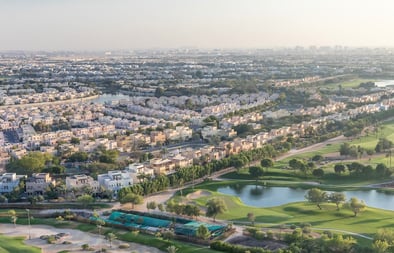
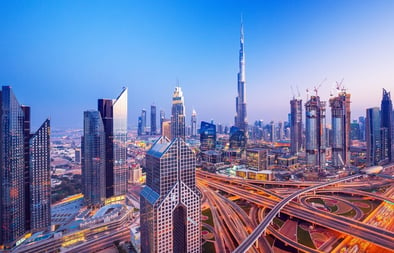




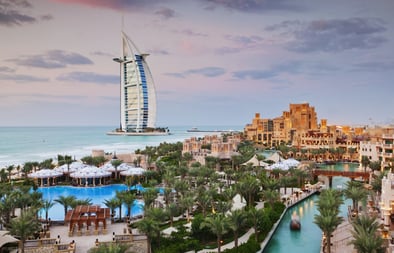


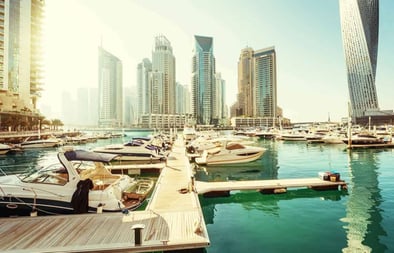
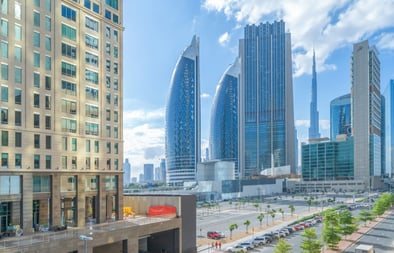
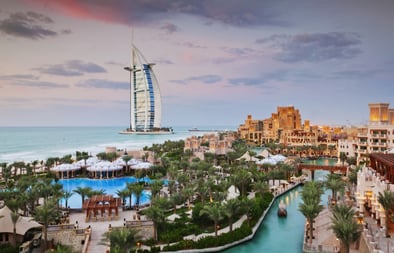

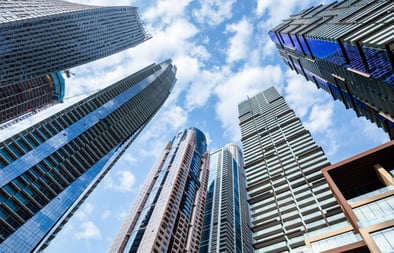
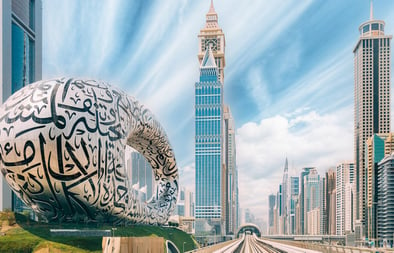
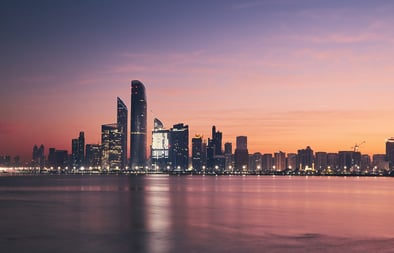



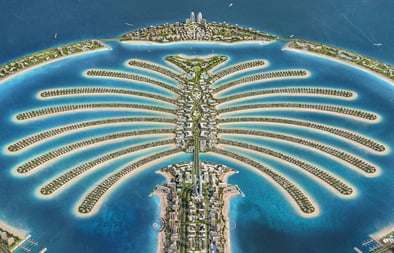
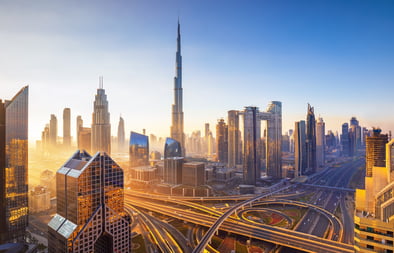
.jpg)
